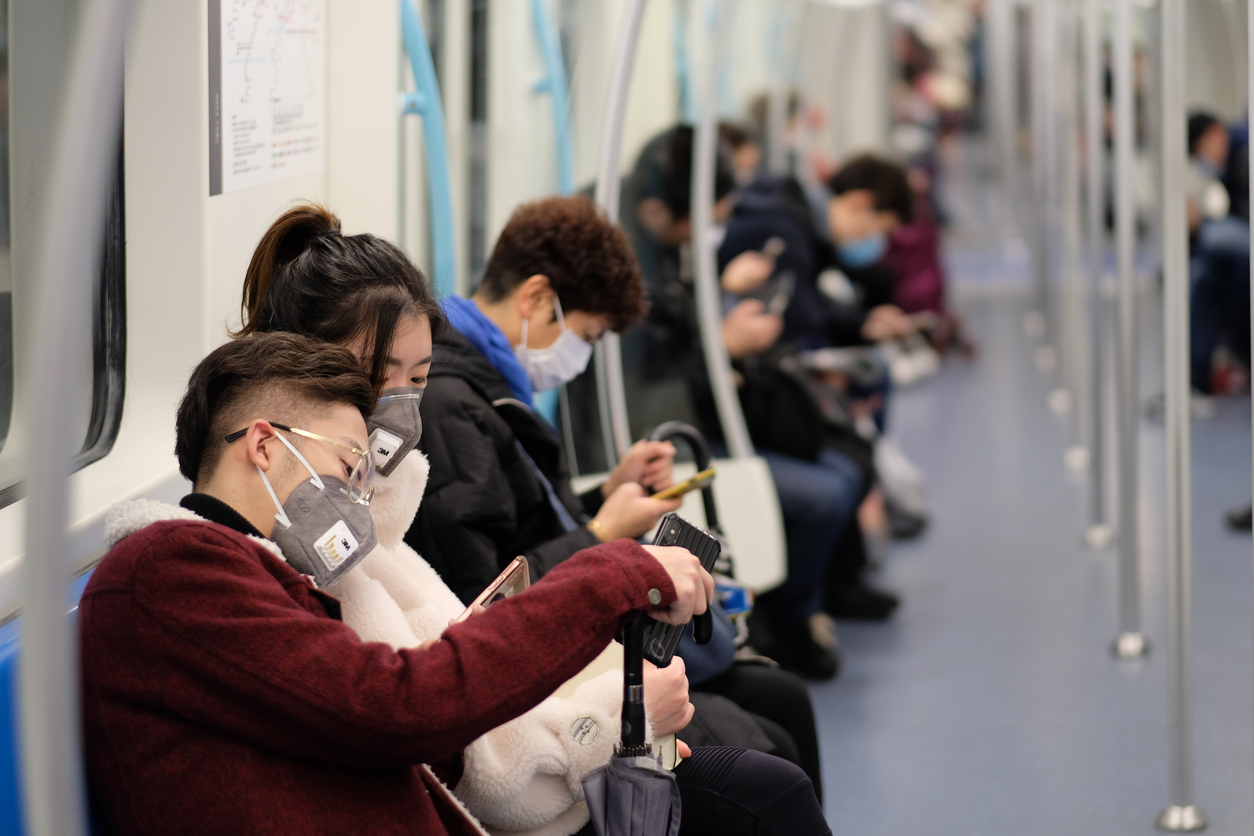COVID-19 could disrupt supplies of cheap generics, analysts warn

An extended COVID-19 coronavirus outbreak could impact on supplies of generic drugs that many health systems rely on to keep costs as low as possible, according to a new report from ratings firm Moody’s.
The report from Moody’s team of analysts noted that most of the branded pharma companies manufacture their drugs in the US or Europe, limiting the impact of disruption caused by COVID-19 on supplies.
But it is a different story with generics, many of which are manufactured in China, according to Moody’s.
The impact of COVID-19 on supplies of generics depends on how far the disease spreads from “ground zero” in Wuhan: Moody’s believes most active pharmaceutical ingredient (API) manufacturers are based in China’s northern Shandong and eastern Jiangsu and Zhejiang provinces.
Wuhan is based in the central province of Hubei but the virus has been detected in all of China’s provinces, including those with big pharma manufacturing hubs.
Generics firms don’t tend to reveal details about their supply chains, making it difficult to gauge the impact of a widespread outbreak.
Teva has an API facility in Zhejiang and has others globally, but “any given company” could have disruptions – although Amneal, Mylan and Teva manufacture a great deal of their own API in the US and Europe.
Nevertheless Moody’s team concluded that “an extended outbreak could also put volumes of API and/or drugs available for export from China at risk, causing drug shortages that could impact generic pharmaceutical companies.”
China’s population of 1.4 billion could mean drugs based on API manufactured in the country could be rapidly exhausted, Moody’s warned.
“This could disrupt the supply of certain drugs in the US, which, for example, imports a majority of its antibiotics from China.”
Moody’s base case is that the outbreak is mainly contained to China but persists long enough to moderately disrupt the economy.
This would dampen demand for US healthcare companies that sell their products there – and Moody’s team noted there is already evidence of this based on medical device companies’ public earnings calls.
However they noted that the outbreak could provide a commercial opportunity for drugs companies and several – such as Johnson & Johnson – are already cooperating with health authorities to develop treatments.
Analysts noted that aside from Gilead testing its experimental antiviral compound remdesivir against coronavirus, AbbVie has donated older antiviral drugs lopinavir and ritonavir upon request from the Chinese government.
These are being tested in combination with Roche’s Tamiflu (oseltamivir), analysts noted.











